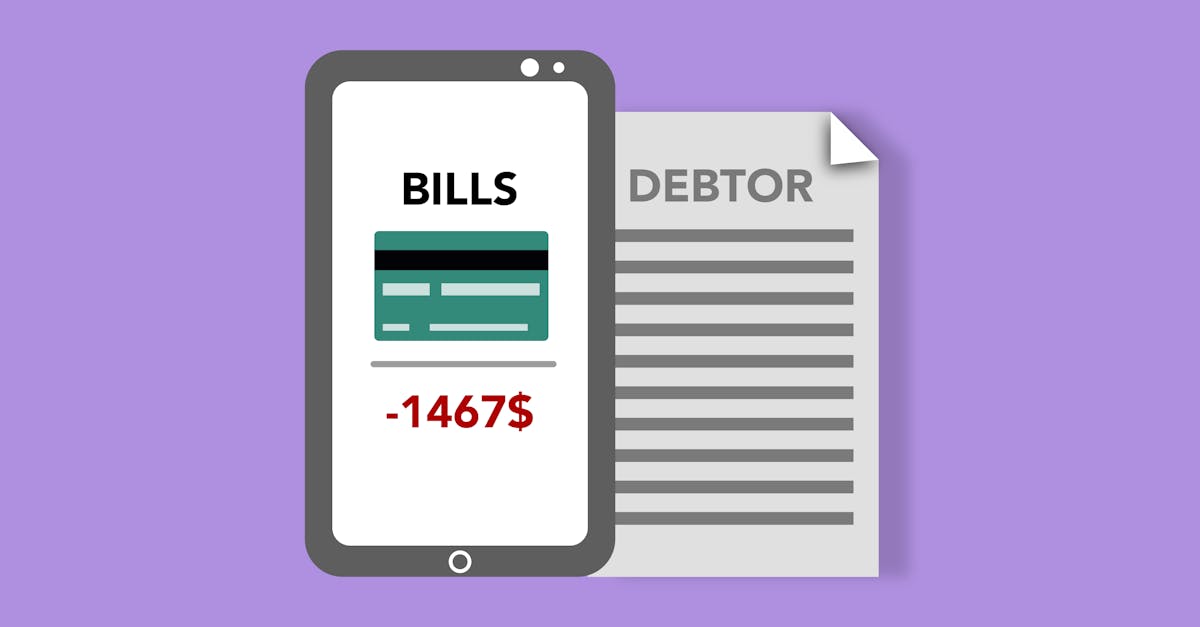
Table Of Contents
Credit Score Ranges Explained
Credit Reports and Scores in New South Wales provide a comprehensive view of an individual's creditworthiness. A credit score is a numerical representation of this information, typically ranging from 0 to 1200 in Australia. The higher the credit score, the better it reflects a person's creditworthiness.
Understanding credit score ranges is crucial for individuals aiming to maintain healthy financial standing. In Australia, credit scores are categorised into bands to indicate creditworthiness levels. For example, a credit score falling within the range of 833 to 1200 is considered excellent, signifying a very low risk of default. On the other end of the spectrum, a score below 510 indicates a high risk of default.
What Different Credit Score Ranges Mean for You
In Surry Hills, New South Wales, understanding what different credit score ranges mean for you is crucial for your financial health. A credit score typically falls within a range that may include poor, fair, good, very good, and excellent categories. For instance, a score in the poor range may indicate a high risk to lenders due to past late payments or defaults on loans. On the other hand, a good credit score suggests a history of responsible financial behaviour, making you more likely to be approved for loans and credit cards with favourable terms.
Credit reports and scores in Surry Hills, New South Wales, play a significant role in various aspects of your life, including renting a property, obtaining a loan, or even securing a mobile phone plan. Knowing where your credit score stands can help you take necessary steps to improve it if needed. Keep in mind that different lenders may have varying criteria when evaluating credit scores, so it's wise to strive for a score that places you in the very good or excellent range for better financial opportunities.
Common Credit Score Myths
Credit Reports and Scores in Surry Hills, New South Wales can often be misunderstood due to various misconceptions circulating in the community. One common myth is that checking your credit score will negatively impact it. This is false. Checking your own credit score is considered a "soft inquiry," which does not affect your score. It is important to monitor your credit score regularly to stay informed about your financial health.
Another prevalent myth is that carrying a balance on your credit cards improves your credit score. In reality, it is actually better to pay off your credit card balance in full each month to demonstrate responsible credit management. Carrying a balance can actually increase your credit utilization ratio, which may negatively impact your credit score. Understanding and dispelling these myths is crucial for maintaining a healthy credit report and score in Surry Hills, New South Wales.
Debunking Misconceptions About Credit Scores
Many people believe that checking your credit report can harm your credit score. This is a common misconception as checking your own credit report is considered a "soft inquiry" and does not negatively impact your score. In fact, regularly monitoring your credit report is a responsible financial habit that can help you identify errors or potential fraud early on.
Another myth surrounding credit scores is the idea that carrying a balance on your credit card can improve your score. This is false. While responsible use of credit cards can positively impact your credit score, carrying a balance from month to month can result in unnecessary interest payments and does not inherently boost your score. It's important to pay your credit card bill in full and on time to maintain a healthy credit score. Credit Reports and Scores in New South Wales are crucial tools for individuals to understand and manage their financial health effectively.
Credit Score vs. Credit Report
When it comes to financial health and stability, understanding the distinction between a credit score and a credit report is crucial. Credit Reports and Scores in Surry Hills, New South Wales, provide an overview of an individual's financial history and behaviour. A credit report is a detailed record of a person's credit history, containing information on credit accounts, repayment history, and any negative marks such as late payments or bankruptcies. On the other hand, a credit score is a numerical representation of the information in the credit report, providing a quick snapshot of an individual's creditworthiness.
While the credit report offers a comprehensive view of an individual's financial habits, the credit score simplifies this information into a three-digit number. Lenders often rely on credit scores to assess the risk of lending money to an individual, with higher scores indicating lower risk. It is essential to regularly review both your credit report and credit score to ensure accuracy and identify any potential issues that may impact your financial well-being.
Understanding the Difference Between Your Score and Report
Credit Reports and Scores in New South Wales are crucial financial tools for individuals and institutions. It is essential to understand the key disparity between credit reports and credit scores to navigate the realm of finance successfully. A credit report is a detailed summary of an individual's credit history, encompassing information on borrowing history, repayment patterns, and outstanding debts. On the other hand, a credit score is a numerical representation derived from the information within the credit report, aiming to quantify an individual's creditworthiness.
While credit reports delve into the specifics of an individual's financial behaviours and obligations, credit scores provide a snapshot evaluation. This evaluation aids lenders in assessing the risk associated with lending money to an individual. Therefore, comprehending the difference between credit reports and credit scores is imperative for individuals looking to access credit, manage their financial reputations, and aim for a strong financial future in New South Wales.
FAQS
What is considered a good credit score?
In Australia, a good credit score typically falls within the range of 622 to 725. However, the exact definition of a good credit score may vary among credit reporting agencies.
How does my credit score affect my ability to get loans or credit cards?
Lenders use your credit score to assess your creditworthiness when you apply for loans or credit cards. A good credit score increases your chances of approval and may also help you secure better interest rates.
Can I improve my credit score if it's not in the good range?
Yes, you can improve your credit score by making timely bill payments, keeping your credit card balances low, and avoiding opening too many new credit accounts. It may take time, but these actions can help boost your credit score over time.
Do credit scores differ from credit reports?
Yes, credit scores are numerical representations of your creditworthiness, while credit reports provide detailed information about your credit history, including payment history, credit inquiries, and account balances.
How often should I check my credit score?
It's recommended to check your credit score at least once a year to monitor any changes or errors that may affect your creditworthiness. You can access your credit report for free once a year from major credit reporting agencies in Australia.


